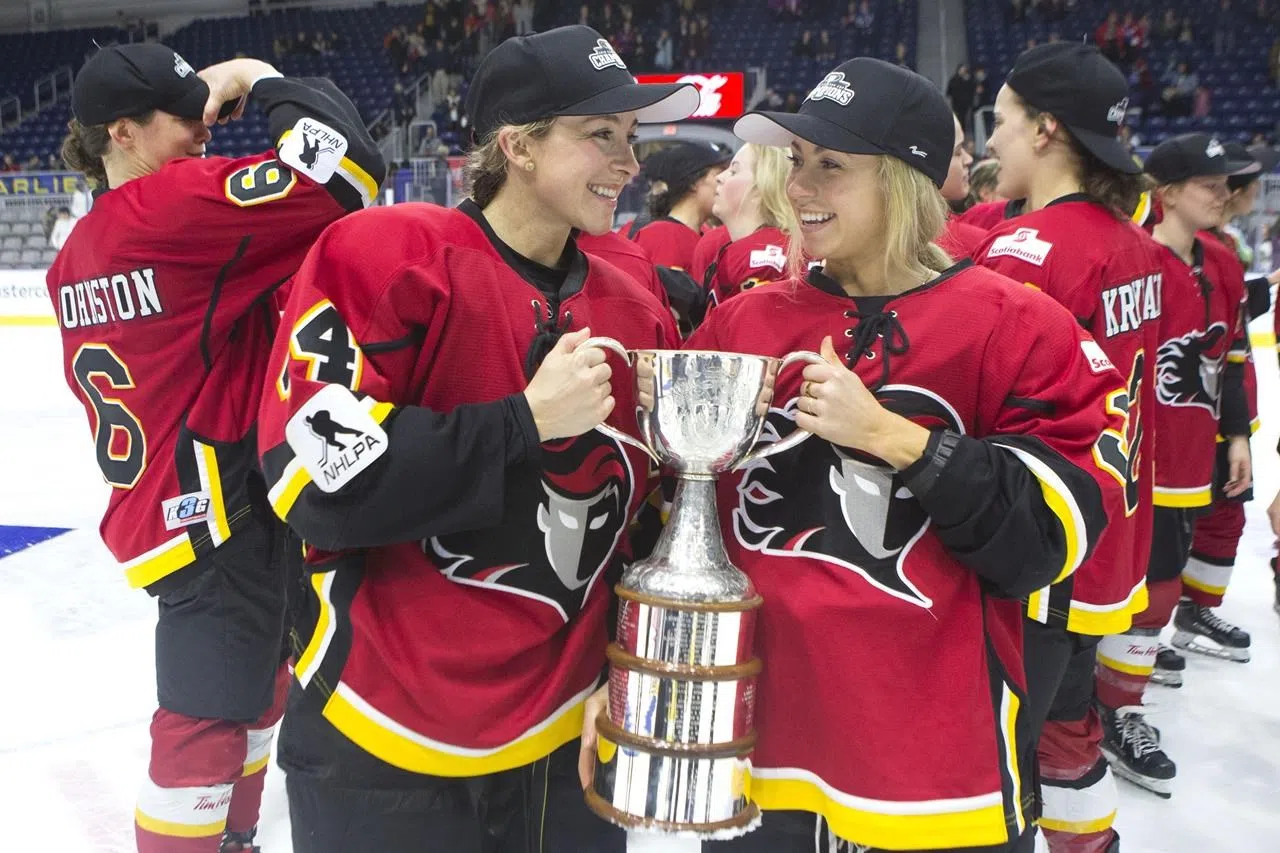
CWHL folding, female hockey players fearful for future of their game
The collapse of the Canadian Women’s Hockey League plunges the future of the female game in Canada into disarray, at least in the short term.
But the CWHL declaring it will cease operations May 1 even if a financial saviour comes over the horizon indicates the ball may be in another player’s court.
“There are a large number of organizations that have stated their support for women’s hockey and expressed the desire to see this sport continue to grow,” CWHL interim commissioner Jayna Hefford said Sunday.
“Our hope is that those organizations will step forward in actionable ways to continue to advance the growth of Canada’s game.”


